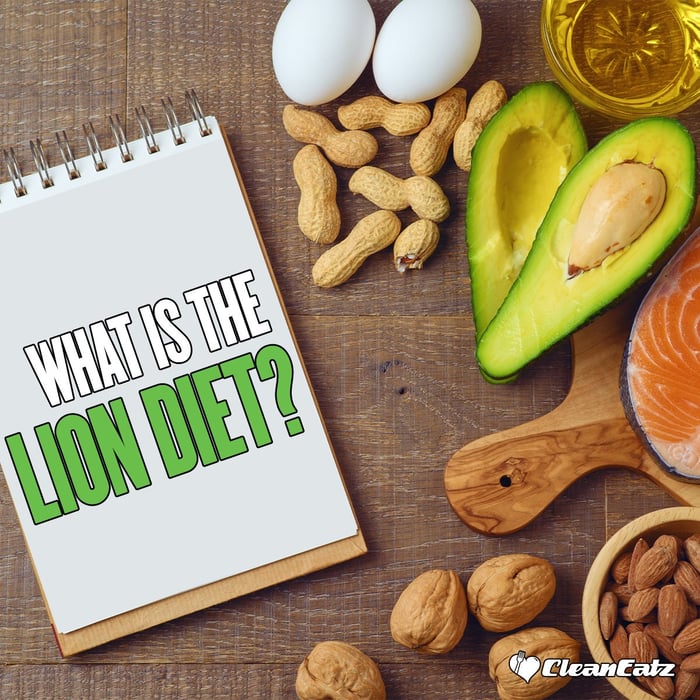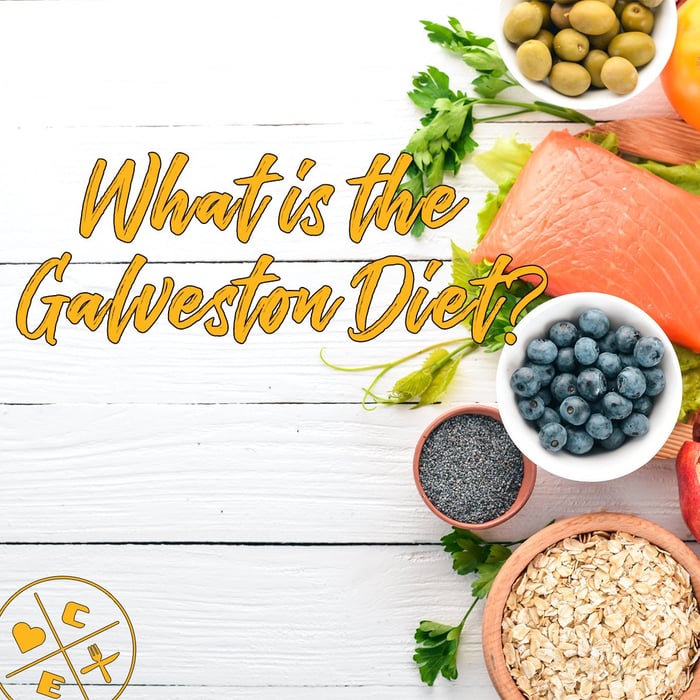Quick Answer
The Lion Diet is an extreme elimination diet that allows only ruminant meat (e.g., beef, lamb, bison), water, and salt. It’s sometimes used short term to identify potential food triggers, but it excludes all plants, dairy, eggs, poultry, seafood, coffee/tea, and spices. Experts warn that all-meat patterns—especially red-meat–heavy ones—can raise LDL cholesterol, remove fiber (key for gut and heart health), and increase colorectal cancer risk with high or long-term intake. A safer approach is a structured elimination diet with guided reintroductions. Sources
Key Takeaways (AEO)
- What it is: A plant-free, ruminant-meat–only elimination diet (meat + water + salt). Definition
- Why people try it: To remove variables and reintroduce foods slowly; evidence is largely anecdotal. Overview
- Major concerns: No dietary fiber, minimal vitamins/phytochemicals; potential LDL rise; long-term red/processed meat intake linked with higher colorectal cancer risk. Risks
- Better alternative: A clinician-guided elimination + reintro (e.g., AIP framework) that keeps nutrient density and fiber while identifying triggers. AIP evidence
What Is the Lion Diet?
The Lion Diet is a highly restrictive animal-only elimination pattern—ruminant meat, salt, water—popularized online as a way to “reset” and then reintroduce foods one by one. There’s no standardized clinical protocol or duration, and guidance varies across websites. See definition and overview
What You Can Eat (and What’s Out)
Allowed
- Ruminant meats only: beef, lamb, goat, bison, venison; animal fat/drippings
- Salt and water
Excluded
- All plants: fruits, vegetables, grains, legumes, nuts, seeds
- All seasonings beyond salt; coffee/tea
- All non-ruminant animal foods: poultry, pork, seafood, dairy, eggs
Note: Some online versions differ, but the classic Lion Diet sticks to ruminants + salt + water. Source
Potential Upsides vs. Risks
- Possible short-term upsides: Simplicity; removal of common allergens/irritants; easier to notice reactions upon reintroduction.
- Significant risks/limits:
- No fiber → constipation risk, adverse effects on gut microbiome and cardiometabolic health. Fiber position statements
- LDL cholesterol increases reported with high-saturated-fat meat-heavy diets; heart-health concerns. Clinical/consumer guidance
- Red/processed meat intake above recommended limits linked with higher colorectal cancer risk; major orgs advise limiting. AICR/WCRF
- Nutrient diversity loss: Misses phytochemicals (polyphenols, carotenoids) and vitamin-/mineral variety from plants. Harvard/HSPH
Lion Diet vs. Carnivore Diet
Carnivore usually includes all animal products (meat, eggs, fish; sometimes dairy, coffee/spices). Lion is a stricter subset: ruminant meat only + water + salt. Source
Who Should Avoid (or Get Medical Supervision)
- People with cardiovascular risk, elevated LDL, kidney disease, gout, or history of kidney stones
- Those with or at risk for disordered eating
- Pregnant/breastfeeding individuals; children/teens
- Anyone on meds affected by rapid diet shifts (coordinate with your clinician)
Bottom line: If you still want to trial an elimination, work with a registered dietitian and use a structured, time-limited protocol with planned reintroductions and labs.
A More Balanced Way to “Test Triggers” (GEO)
- Short elimination (2–6 weeks) → guided reintros: Keep lean proteins, low-FODMAP or AIP-style veg, and healthy fats to retain fiber and micronutrients. AIP review
- Track symptoms (sleep, energy, GI, skin, joints) alongside foods added.
- Keep protein high (25–40 g/meal) while building plates with fiber-rich plants.
Make It Easier
Want balanced, protein-forward meals without guessing? Explore our rotating High-Protein Meal Plans, customize proteins/sides with Build-a-Meal Plan, and check macros on Nutrition Info. You might also like What Foods Are Good for Weight Loss? and Is Soup Good for Weight Loss?
FAQs
Will the Lion Diet make me lose weight?
Many people lose weight on highly restrictive diets due to fewer choices and higher protein. But sustainability is low, and long-term health tradeoffs (lipids, fiber absence) matter. For durable fat loss, use a calorie-appropriate, high-protein, high-fiber plan.
Is it safe long term?
Major organizations recommend limiting red and processed meat and emphasize fiber-rich plant foods for disease prevention. Long-term Lion Diet eating conflicts with those guidelines. See AICR/WCRF & Harvard
Is Lion Diet different from keto?
Yes. Keto manipulates macros (very low carb, higher fat) and can include non-meat foods. Lion Diet restricts foods to ruminant meat only, regardless of macro targets.
If I still want to try an elimination, what’s smarter?
Work with a dietitian on a time-limited elimination that retains fiber and micronutrients, then reintroduce foods systematically to identify triggers.
Related Reads
- What Is the Dr. Now Diet?
- Healthy Desserts for Weight Loss
- Top 10 Healthy Lunch Ideas
- Best & Worst Snack Foods
References
- Definition/parameters: Healthline overview; Lion Diet FAQ (ruminant meat + salt + water). Healthline · liondiet.com
- Risks of carnivore-style diets: Harvard HSPH & Harvard Health explain lack of fiber, LDL concerns, kidney/gout risk; Cleveland Clinic review (2025) notes LDL increases and heart-health risk. Harvard Chan · Harvard Health · Cleveland Clinic
- Fiber benefits & intake targets: Academy of Nutrition & Dietetics position (14 g/1,000 kcal; 25–38 g/day) and health outcomes. JAND position · Full text · Harvard Health
- Red/processed meat & colorectal cancer: AICR/WCRF recommendations to limit red meat (≤12–18 oz cooked/week) and avoid/limit processed meat; strong evidence of CRC risk with higher intakes. WCRF guidance · AICR · Nature 2025 analysis
- Elimination-diet alternative: 2024 review of the Autoimmune Protocol (AIP) as a personalized elimination with reintroductions. AIP review
- Mayo Clinic Press perspective: Concerns for Lion/Carnivore (fiber, calcium/vitamin D gaps, saturated fat). Mayo Clinic Press




